
I am no longer using Twitter regularly - contact me via https://t.co/B9bXdfrx62 if you need to be in touch.
How to get URL link on X (Twitter) App



https://twitter.com/malindalo/status/1357388110938710016This really resonated with me, and at the same time, this:
https://twitter.com/danctheduck/status/1344357310399877120a few things I find helpful (not by any means a complete list):
https://twitter.com/WhyGaze/status/1288494080243011584The applications of this go far beyond publishing.


https://twitter.com/madlori/status/1153729750738833414all the best stuff I've done ("best" = "demonstrably useful to others," "made someone's life better," "was IMO good art") was motivated by something other than money, even if I happened also to be compensated for it.
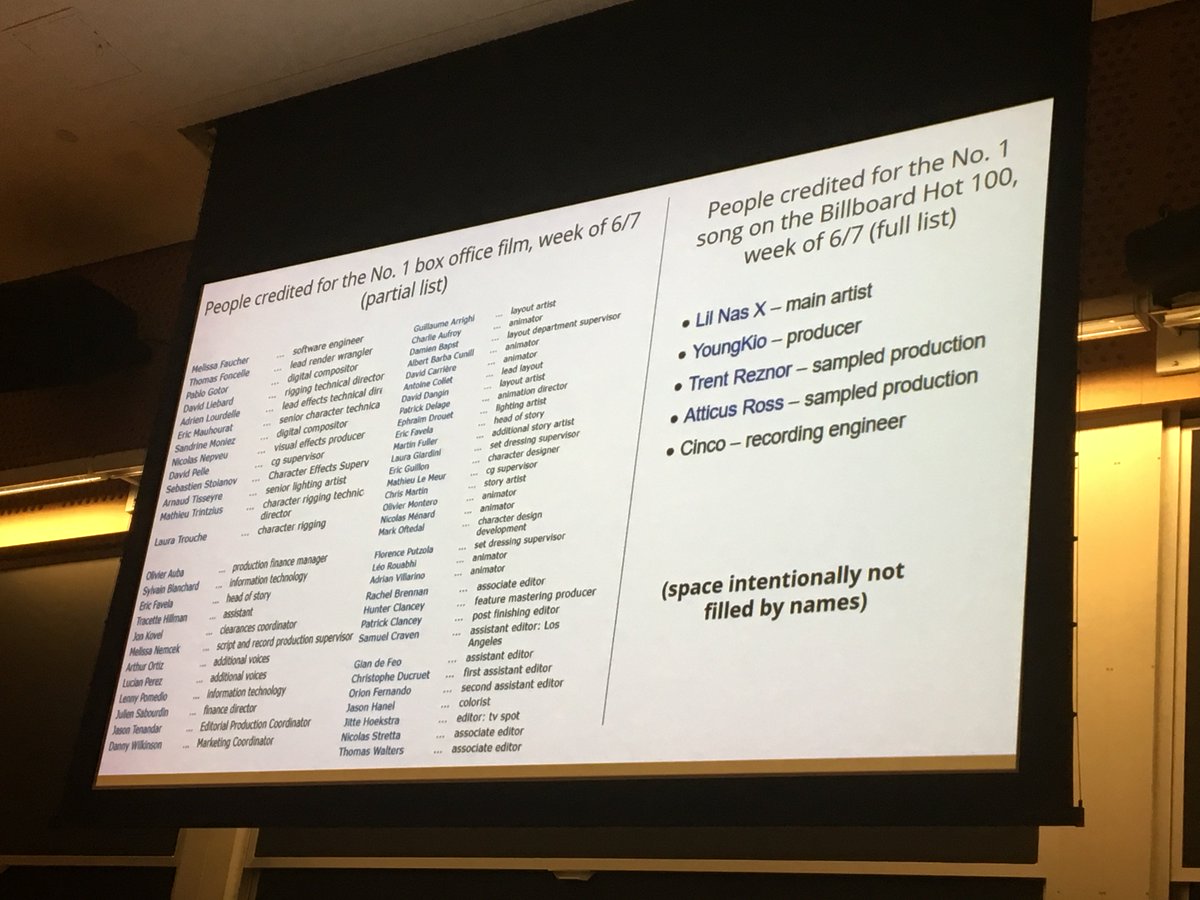
 #NarraScope strong pitch from Katherine on how formula and structure are worth studying as part of the core of our craft
#NarraScope strong pitch from Katherine on how formula and structure are worth studying as part of the core of our craft 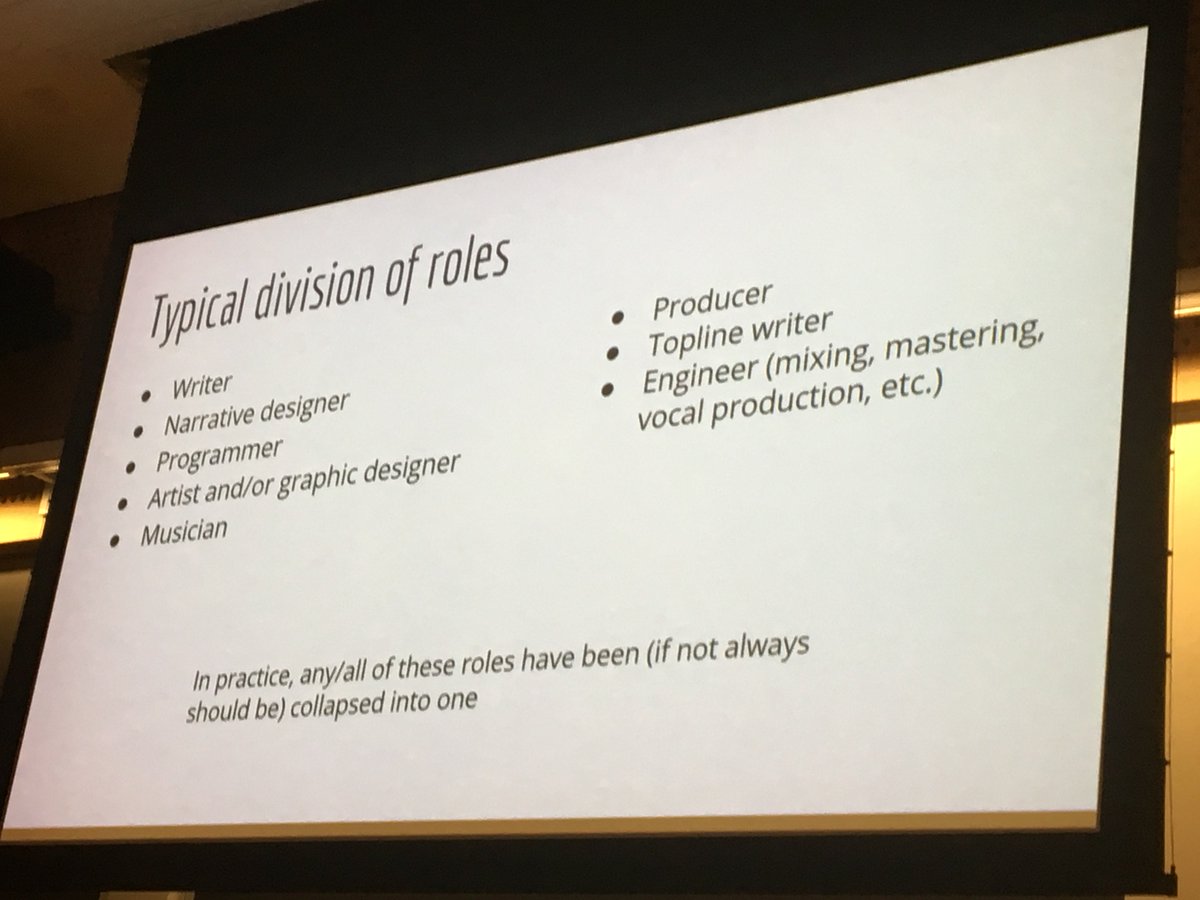
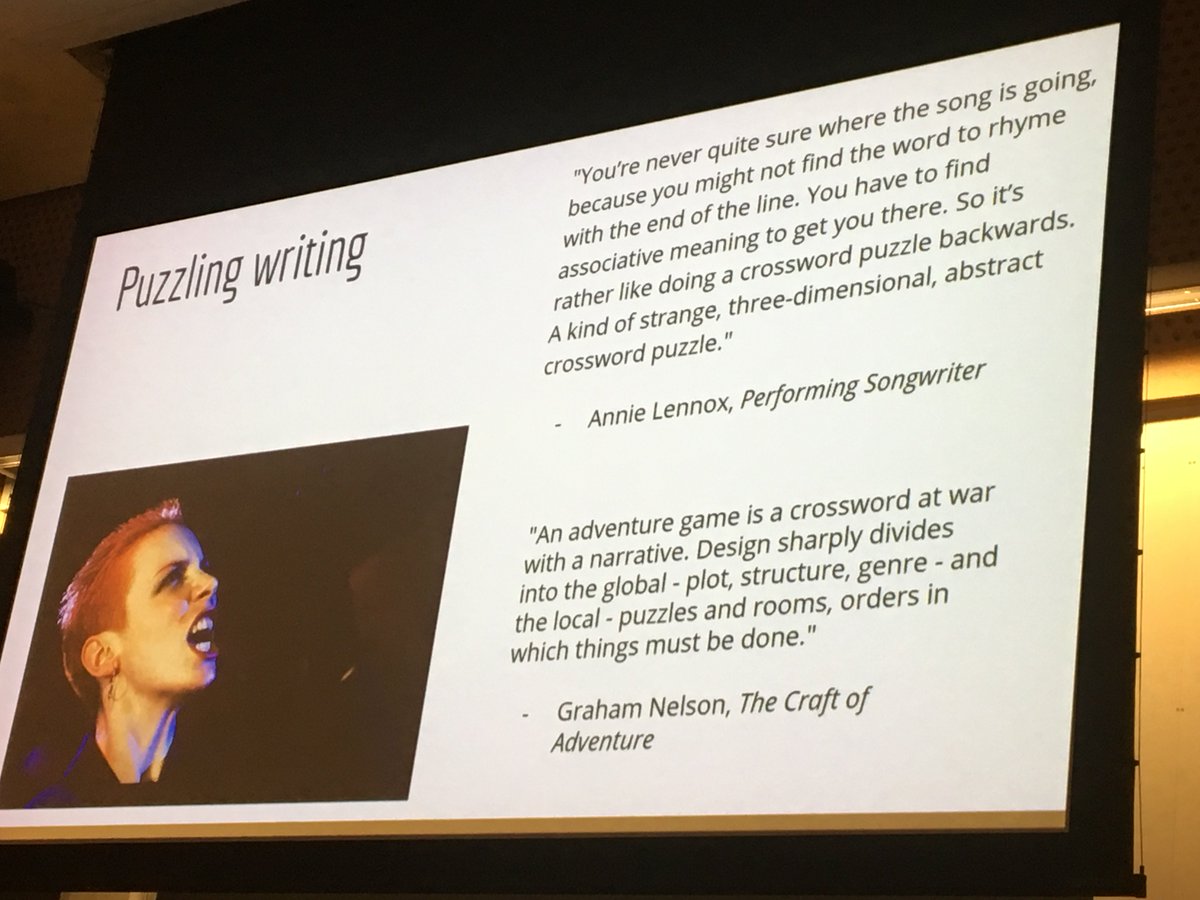
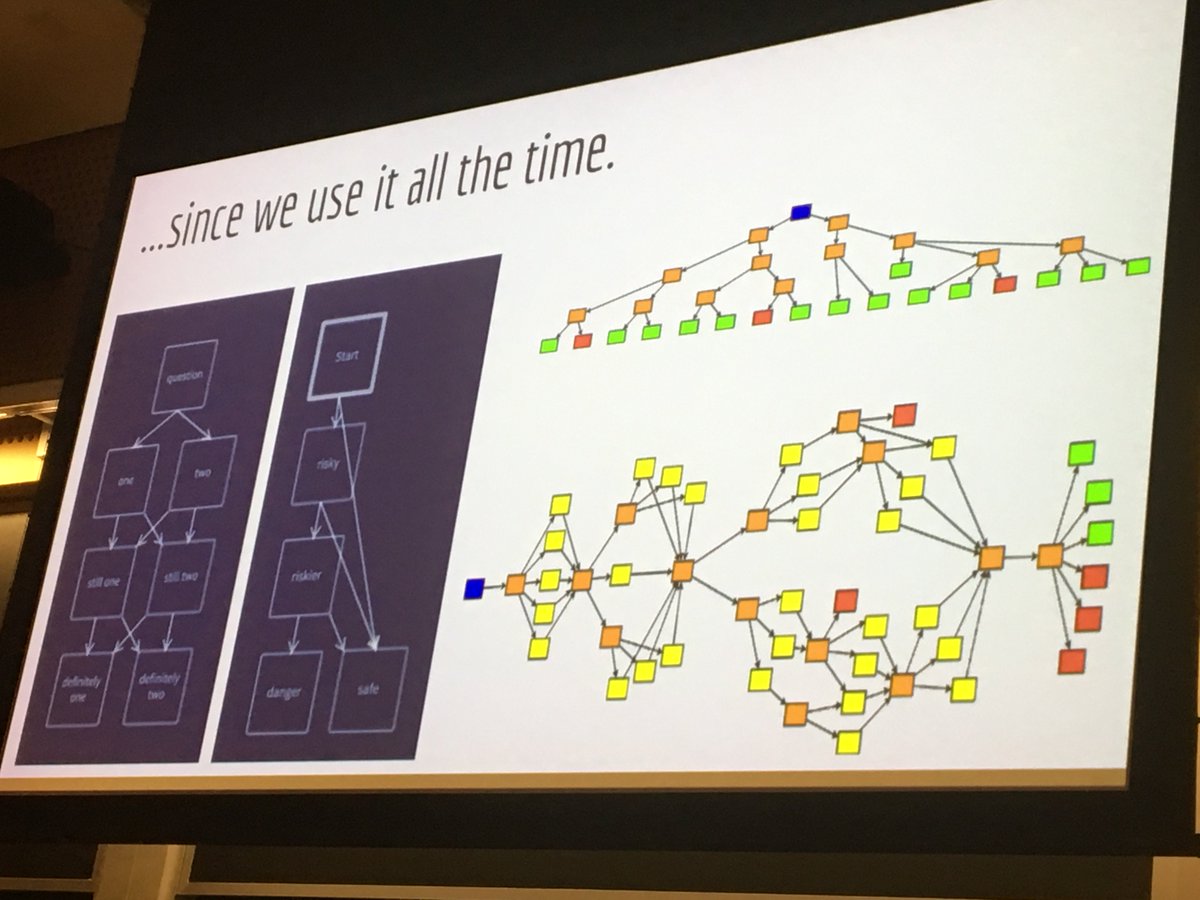
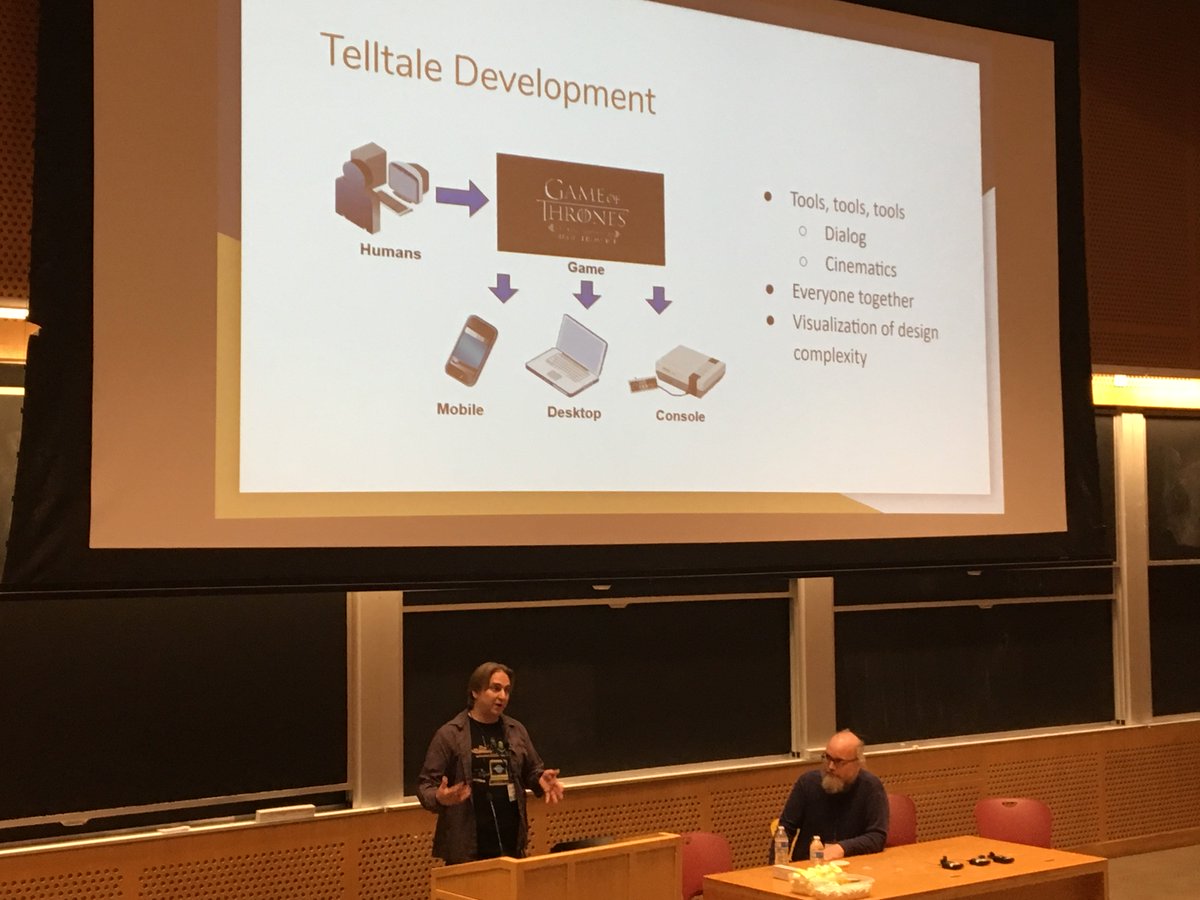

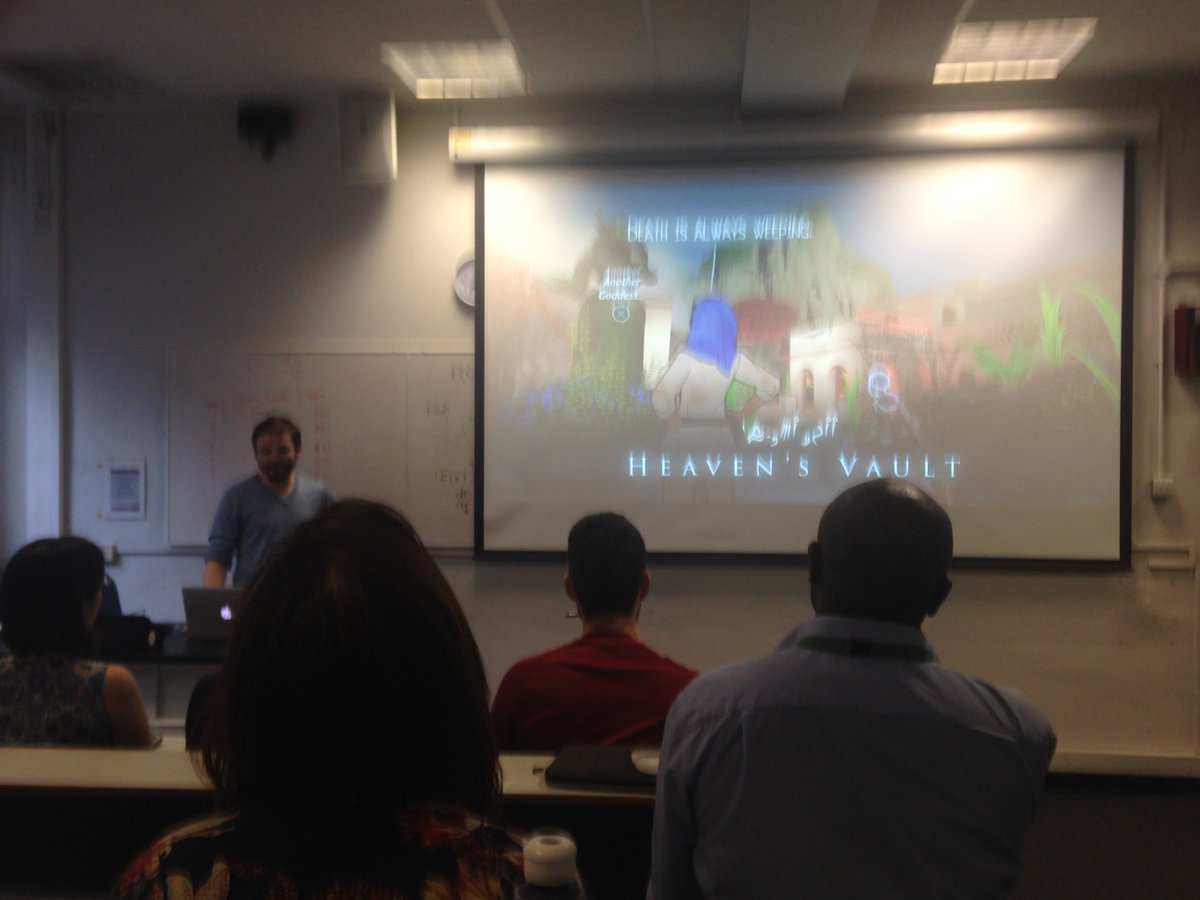
 Calls out the value of focus and pacing; having less text on screen at a time; not surrounding it with distracting icons and imagery
Calls out the value of focus and pacing; having less text on screen at a time; not surrounding it with distracting icons and imagery